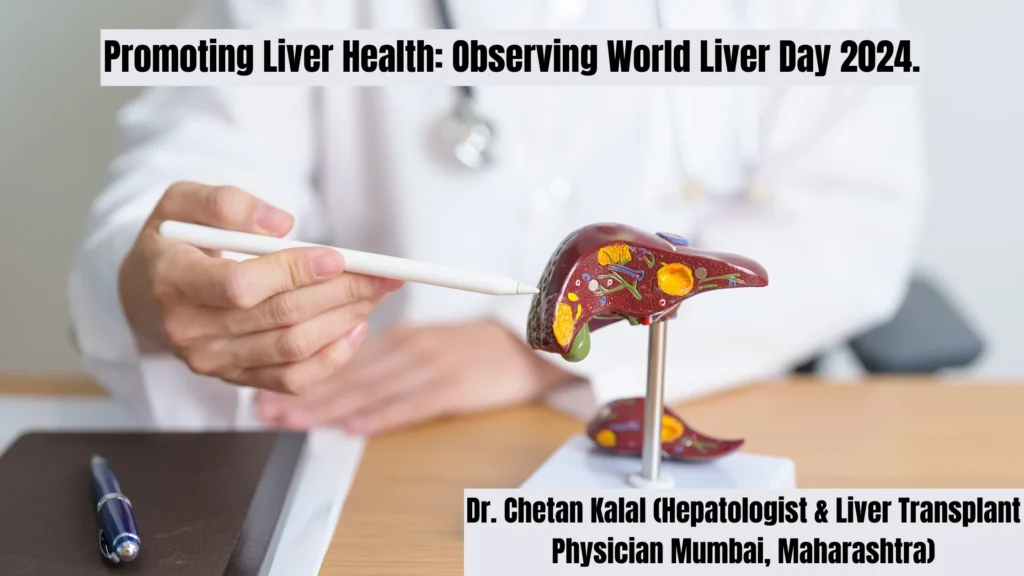In Short Skipping breakfast can be deadly in the long run Studies shows that every ‘1 in 4 urban Indian’ claim to skip breakfast A healthy Breakfast not only kick-starts the metabolic processes but supports overall health “I was in a hurry.” “It’s okay, I will have lunch directly.” “I had a fruit.” “I had a heavy dinner.” These are some of the excuses that we tell ourselves when we skip breakfast. However, often, skipping breakfast, which initially starts due to time constraints or just pure laziness, soon turns into a habit (not a good one, btw). This habit of skipping breakfast not only leads to heart problems, but can also be deadly in the long run. The most skipped meal: Breakfast We Indians, are, of course, known for their good food. However, when it comes to breakfast, we often tend to skip it, thinking we can compensate for it with a fruit, a cup of coffee or, even worse, at lunch. There are a few studies on breakfast patterns in India, and the number does not look good. For instance: A study by Kellogg’s states that every ‘1 in 4 urban Indians’ claims to skip breakfast, and it was seen across all age groups. The study also found that around 72% skimp by having a nutritionally inadequate breakfast meal. Most important meal of the day? Suvarna Sawant, chief dietician at Nanavati Max Super Speciality Hospital in Mumbai, shares that as a nutritionist, she always stresses the significance of a nutritious breakfast. Eating breakfast kickstarts your metabolism, helping your body burn calories throughout the day. Photo: Getty Images “Being the most important meal of the day, breakfast induces metabolism and improves gut health,” she says. Now, there are various reasons why breakfast is considered as an important meal of the day. Kickstarts metabolism Eating breakfast kickstarts your metabolism, helping your body burn calories throughout the day. This can aid in weight management and energy levels. Fuel for the brain After a night of fasting, breakfast provides essential nutrients and energy to the brain, improving concentration, focus, and cognitive function. Maintains nutrient intake A nutritious breakfast can provide vital nutrients such as vitamins, minerals, protein, and fibre, which are important for overall health and well-being. Regulates blood sugar Eating breakfast helps stabilise our blood sugar levels, preventing spikes and crashes that can lead to cravings and overeating later in the day. Prevents overeating Starting the day with a balanced meal can help control hunger and prevent overeating at subsequent meals, promoting better portion control and weight management. “A regular healthy breakfast also helps in weight management, especially in urban areas, where sedentary lifestyles and consumption of processed foods is high,” says Suvarna. What skipping breakfast does Suvarna says skipping breakfast can lead to low energy levels and causes a lack of essential nutrients, affecting our productivity and well-being. “For individuals involved in physically demanding activities, missing a breakfast can result in undernutrition and compromise the ability to perform labour-intensive tasks,” she adds. Ruins your digestive health Dr Chetan Kalal, program director of Nanavati Max Institute of Gastroenterology, Hepatology & Therapeutic Endoscopy, Mumbai, explains that as a gastroenterologist, he always emphasises the importance of breakfast for maintaining gastrointestinal health. Skipping breakfast can disrupt the release of digestive enzymes. Photo: Getty Images “Missing this important meal of the day can harm the digestive system,” he says. How? Dr Kalan explains that if we skip our breakfast, it can cause a disruption in the release of digestive enzymes and lead to disruption of the circadian rhythm of the digestive tract. This can lead to issues such as: Indigestion Bloating Altered bowel habits According to him, it can also potentially contribute to the development of gastroesophageal reflux disease (a chronic, usually lifelong disease that develops in your gut) and other functional gastrointestinal disorders. Impact your heart We know that heart-related diseases are on the rise. But do heart-related problems have a connection with skipping breakfast? Apparently, yes. Dr Vivudh Pratap Singh, senior consultant, interventional cardiology, Fortis Escorts Heart Institute, Okhla Road, New Delhi, explains that skipping breakfast occasionally might not necessarily lead directly to heart-related issues, but consistently skipping breakfast over time “could potentially contribute to certain risk factors associated with heart health”. He refers to a 2019 study that suggests regularly skipping breakfast may be linked to an increased risk of developing conditions such as obesity, high blood pressure, high cholesterol levels, and Type 2 diabetes, all of which are risk factors for heart disease. “Skipping breakfast could affect insulin sensitivity and glucose metabolism, which are also factors in heart health,” he says. Consistently skipping breakfast over time could potentially contribute to certain risk factors associated with heart health. Photo: Getty Images However, please also remember that skipping breakfast may contribute to certain risk factors for your heart, but it’s not the sole reason for heart-related issues. Cause weight gain Since the beginning of time, we’ve been told that eating less can lead to weight loss. But here’s the deal, skipping breakfast will not make you skinny, rather it may contribute to your weight gain. Here’s why: Regularly skipping breakfast can lead to overeating throughout the day, as we may compensate by grazing or consuming larger portions later on. This behaviour can increase hunger and prompt choices of foods high in fats and carbohydrates, which may seem more filling. Moreover, skipping breakfast can disrupt blood sugar levels, potentially complicating the body’s ability to metabolise food and contributing to obesity. Various research, including a study published in The American Journal of Clinical Nutrition, says eating breakfast can lead to the benefits of eating breakfast daily, such as reducing dietary fat intake and curbing impulsive snacking, which can aid in weight reduction efforts. Quick healthy breakfast ideas If you’re in a hurry in the morning to go to school or work, remember, you can always prepare your breakfast in the night or beforehand. Here are some ideas: Upma A savoury breakfast made from semolina (sooji) cooked with vegetables like peas,











